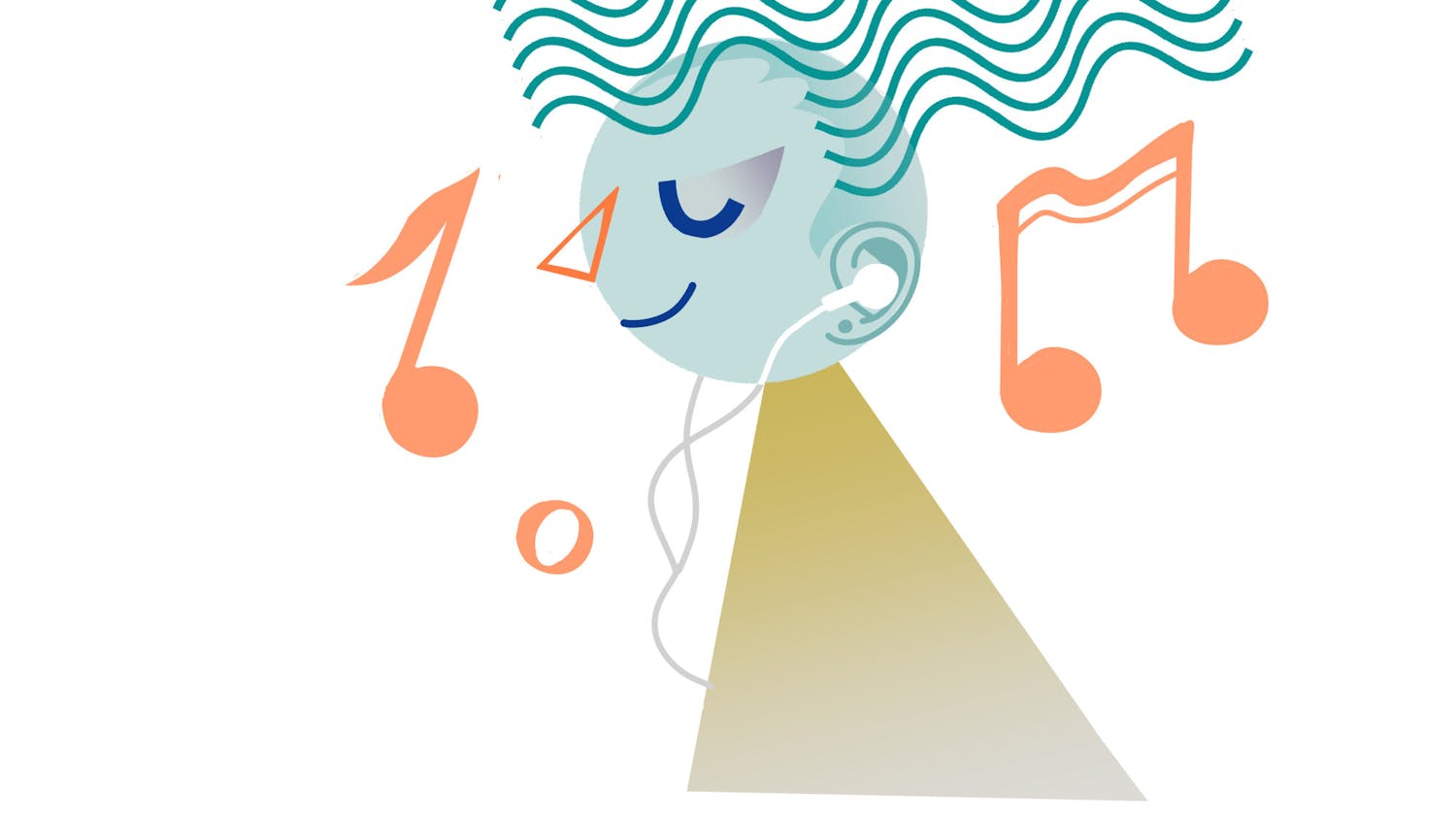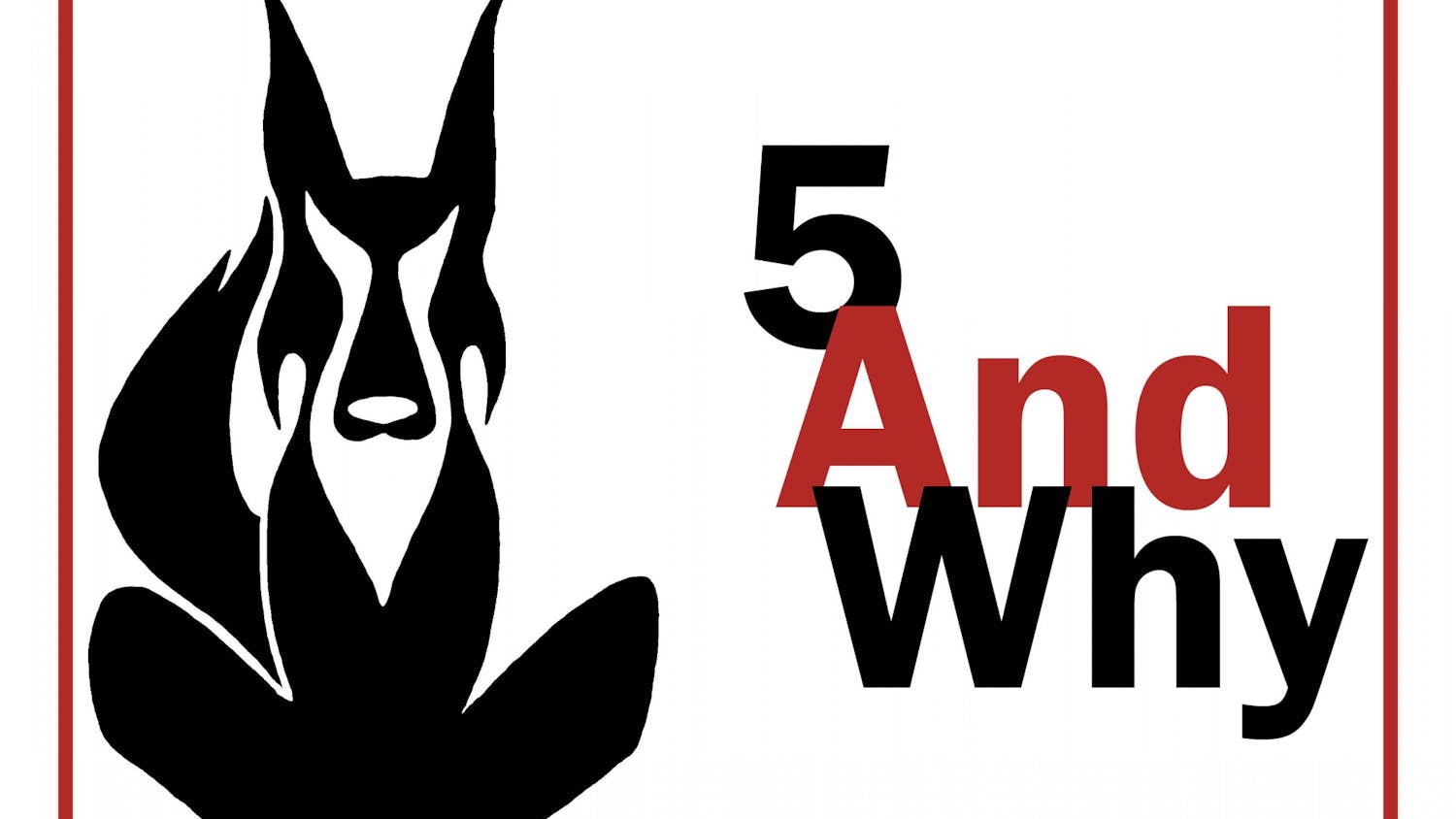Readers,
These words “engage in, enable or facilitate copyright infringement,” could shut down the Internet.
These words are key in a newly introduced bill, SOPA or the Stop Online Piracy Act is slated for quick passage through Congress.
It gives the U.S. government the power to force ISP to block domain names such as “The Pirate Bay,” but this doesn’t work.
Downloaders who are tech-savvy by nature can just type in the IP address of The Pirate Bay and get to the site straight away.
It would also prevent U.S.-based search engines, such as Google, from linking to these sites via legal action or cutting off the funds to the infringing websites.
Of course, the language of the bill is also vague enough that any site that “facilitates” in the illegal sharing of copyrighted material could be sued. So say goodbye to those new start-up search engines or social media sites that infringe on the vague language of this proposed law even once.
But the bill doesn’t stop there. Existing sites such as Soundcloud or Youtube could be construed as “enabling copyright infringement” because they feature copyrighted material.
And it goes further: the bill makes websites liable for the content of their users, so if a site such as Facebook featured a link to copyrighted material, it could be sued. Accordingly, the site would have to censor its user, close its doors or get sued, and which do you think is the most likely scenario?
Even worse, users like me and you could go to jail for up to five years for doing something as innocuous as linking to a pop song or a scene from a Hollywood movie.
I know you, dear reader, are saying these are the extremes of what could happen, but when has the entertainment industry not pushed its power to the extreme?
Was it the time the Recording Industry Association of America sued an ordinary citizen, Jammie Thomas-Rasset, and the jury awarded the group $80,000 per song, or $1.92 million for 24 tracks?
Get content from The Daily Lobo delivered to your inbox
Or was it the time that the RIAA sued to stop the distribution of the Diamond Multimedia Rio PMP300 (the second ever MP3 player) because it violated the Audio Home Act of 1992?
Or was it in the ’80s when the Motion Picture Association of America tried to stop the launch of the VCR because, according to its then-president Jack Valenti, it was to the “American film producer and the American public as the Boston strangler is to the woman home alone?” Please note, these are only the most heinous examples.
If you are interested in more, just peruse the search results for the RIAA or MPAA. No need to add lawsuits in the Google search; those pop up by themselves.
To summarize: these measures won’t stop the illegal downloaders, as they will have new and more clever ways to get past the measures. They will hurt existing sites and new sites that promote sharing of social media, both copyrighted and original, and hurt individuals who may accidentally infringe on the new copyright laws.
In short, dear readers, this topic is something you should care about and, more importantly, you can do something about. New Mexico’s own Ben Ray Luján is one of the signed backers of the bill. Call him, write him, do whatever needs to be done until he listens. Don’t let your Internet be taken away. Don’t leave it in the room alone with the “true Boston strangler.”
Chris Quintana
Editor-in-chief





